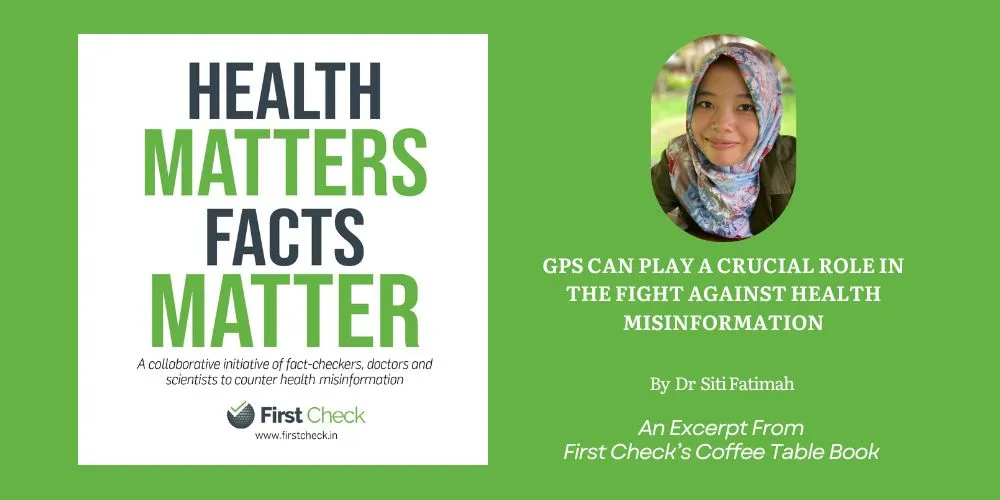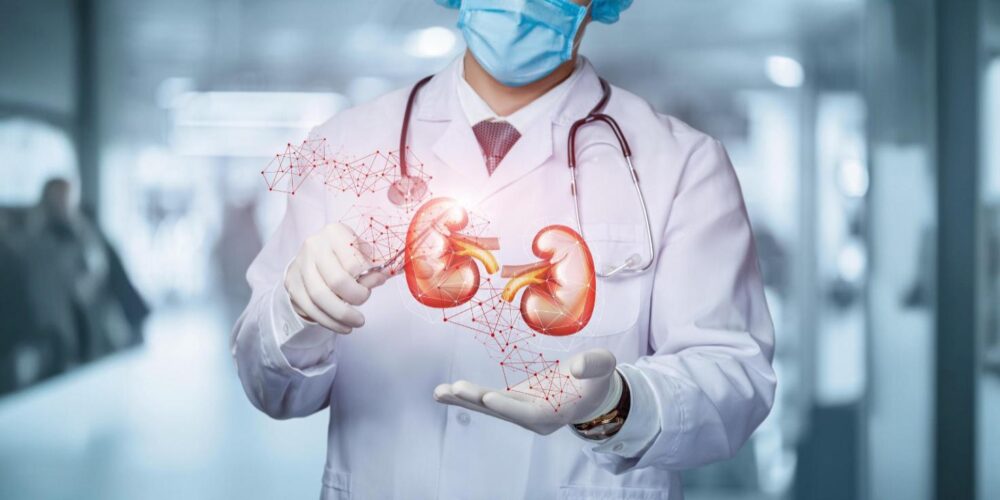Tackling the Misinformation Pandemic in Health: Strategies for a Resilient Society
- admin / 2 years

- 0
- 3 min read

Misinformation in the health sector has become a pressing global concern, contributing to vaccine hesitancy, endangering public health, and eroding trust in scientific expertise. Misinformation is a term used to describe false and misleading information that spreads unintentionally 1. Within this spectrum is health misinformation typically most often, which refers to information that contradicts the established consensus within the scientific community regarding, for instance, the safety or side-effects of a vaccine 2 .For a healthy information ecosystem, it is imperative we delve into the murky waters of misinformation, and its causes, and find innovative approaches to combat it, while emphasizing the need for public health programs to incorporate elements that seek to address this growing crisis.
How Misinformation fools us
The internet which has increased access to health information as well as health misinformation, is a double-edged sword. With the rise of social media as a primary source of information, for many, a myriad of official and unofficial sources are available to provide answers on every topic imaginable3. An individual might repeatedly see health misinformation and eventually hold it as truth whereas it is in fact a myth. This is known as the illusory truth effect, where repeated exposure to misinformation fosters belief4. By seeking out information which aligns with the misinformation they now believe to be true believes to be true, confirmation bias another cognitive mechanism allows the misinformation to become entrenched5. Once misinformation has turned into a misbelief, it has been found to be remarkably difficult to uproot, often persisting even after efforts to correct it, for example by exposing the individuals to factual reliable information have been undertaken6. In other words, misinformation is a tricky problem driven by several factors.
The gatekeepers in addressing misinformation
Some promising approaches to address misinformation include accuracy nudges. These nudges are designed to encourage the target audience to pay greater attention to the veracity of information they encounter. This simple intervention has been found to reduce the tendency to share falsehoods7. A second approach is debunking interventions which seek to provide comprehensive alternative factual information to the target audience in a bid to eradicate their misbeliefs8.
A more novel approach in health is the concept of inoculation against misinformation9. This involves teaching audiences about manipulation techniques, and enhancing their digital literacy by, for instance, by teaching how to assess the credibility of online sources 10 11 . These strategies aim to create a more resilient populace less susceptible to the siren call of misinformation.

Across all approaches, a central factor influencing the efficacy of interventions is perceived source credibility12. If someone debunks a myth around a vaccine, it matters who that person is and how credible the audience considers them to be.
Collaborations with public health programs and clinical health providers are needed to address health misinformation. Health care providers are trusted entities and are well positioned to debunk patient held health misinformation especially if they have an understanding of their patient’s values, information sources and their comprehension13. While public health programs with their reach can impact misinformation within communities.
In conclusion, addressing health misinformation demands a comprehensive strategy14. While tackling specific myths is vital, it’s equally crucial to equip individuals with the skills and knowledge to discern fact from fiction in our information-saturated world. As we combat the misinformation pandemic, it’s imperative that public health programs incorporate these multifaceted approaches to protect the health and well-being of our communities. Misinformation is a formidable foe, but with the right tools, a vigilant public, and a commitment to truth, we can prevail in the battle for truth in public health.










